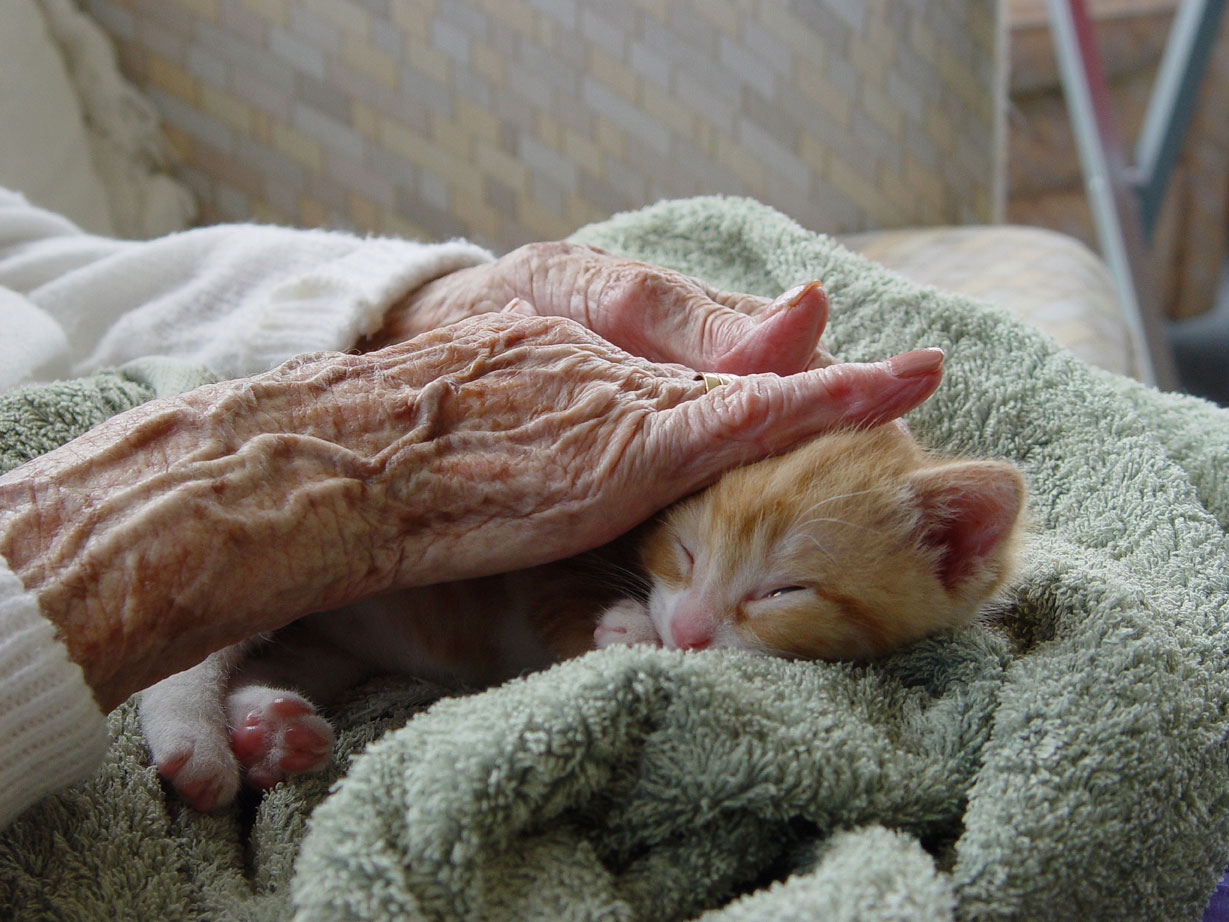If you or a loved one has been injured by a doctor or hospital, Call the Medical Malpractice Crisis Resource Line for Immediate Help >
Free Consultation. Call Now. (516) 394-4200
(516) 394-4200

Deciding to put your loved one in a nursing home facility can be a tough decision. Will they be properly cared for? Will they be healthy, happy and safe? Will it be the best thing for them in the long run?
The concerns are endless.
Fortunately, even though your loved one’s health may not be in your direct care anymore, there are still steps you can take to safeguard their well-being once they’re in a nursing home. Namely? You can watch for signs of neglect.
How You Can Stop Nursing Home Neglect
It’s sad to say, but nursing home neglect is quite common these days. In fact, about 10 percent of all nursing home patients suffer some sort of negligenceat the hands of their caregivers.
Now some of this may be minor, like failing to bathe them or change their sheets often, but many times, it’s more serious. Sometimes, it can even qualify as downright abuse.
That’s why as the family member of a nursing home patient, you have to be on full alert. Visit often, and pay close attention to your family member’s physical, mental and emotional health, as well as their surroundings and the people who work there. Be especially diligent to look for any of these red flags, which may indicate abuse is at hand:
If you spot any of these signs and suspect your family member may be the victim of nursing home neglect, don’t delay. Contact a malpractice attorney at Duffy & Duffy today. We’ll stop abuse in its tracks.
No. Our injury cases are handled on a contingent retainer. You pay nothing upfront, and we recover attorney’s fees only if your litigation is successful. We don’t bill by the hour. You don’t need to worry about running up a large attorney’s bill before you see any recovery for your injuries.
Yes. Our firm is dedicated to creating a strong relationship with our clients, beginning with keeping your information and consultation confidential.
Each case we encounter is carefully screened and evidence scrutinized to make sure the claim is meritorious and may be successful at trial. We will perform an investigation, and then our partners make a final decision on whether to take on a case.